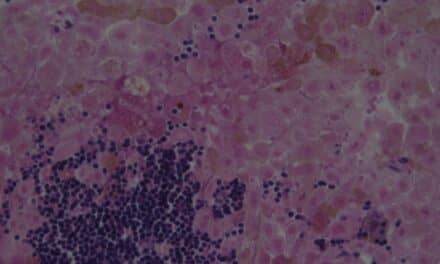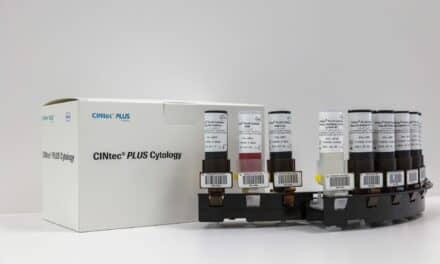Precision for Medicine, a biomarker-driven clinical research organization supporting life sciences companies in the use of biomarkers to target patient treatments more precisely and effectively, detailed its Next Generation Sequencing (NGS) initiative which improved the accuracy and speed of identifying cancer mutations in solid tumors, allowing researchers and manufacturers to develop patient-specific diagnostics for improved clinical outcomes.
Collaborating with Thermo Fisher, Precision for Medicine performed a mass screening of samples from Precision’s extensive biorepository for key mutations across 11 cancer indications, including lung, breast, colon, prostate, melanoma, thyroid, bladder, and others. This phase of the initiative utilized Precision’s expansive library of formalin-fixed, paraffin-embedded (FFPE) tumor tissues.
During the nearly two-year project, tumors were screened on Thermo Fisher’s Ion Torrent Genexus System with the Thermo Fisher Oncomine Precision Assay GX, which includes the most prevalent and potentially relevant cancer driver variants across 50 genes. The assay is designed to detect 2,769 variants, including hot spot mutations, copy number variation (CNV) genes and fusion isoforms.
“This initiative unveiled the genomic profiles of thousands of tumors in our biospecimen library, making them powerful building blocks for exploring disease drivers, drug targets, diagnostic discovery and detecting novel mutations never identified before,” says Darren Davis, PhD, senior VP at Precision for Medicine. “Aided by advanced automation, more than 15,000 tumor samples were screened with success rates exceeding 90% and with mutation prevalence identified in more than 75% of tissues. This screening process proved to be over three times faster than traditional methods. Accelerating the validation and regulatory approval process will ultimately lead to faster development of personalized (targeted) therapeutics and diagnostics for patients.”
Davis adds, “Precision for Medicine plans to continue to screen thousands of additional subjects in an open-ended observational registry across a range of cancer indications. This go-forward registry will incorporate additional NGS assay content and novel liquid biopsy test methods, to create an enriched biorepository and database derived from matched tissue-whole blood specimens. Ongoing work includes using these tumors to support cross-site validation of novel diagnostics for regulatory approval.”
Comprehensive results of this collaborative effort will be presented at the Association for Molecular Pathology’s Annual Meeting and Expo in Phoenix.





